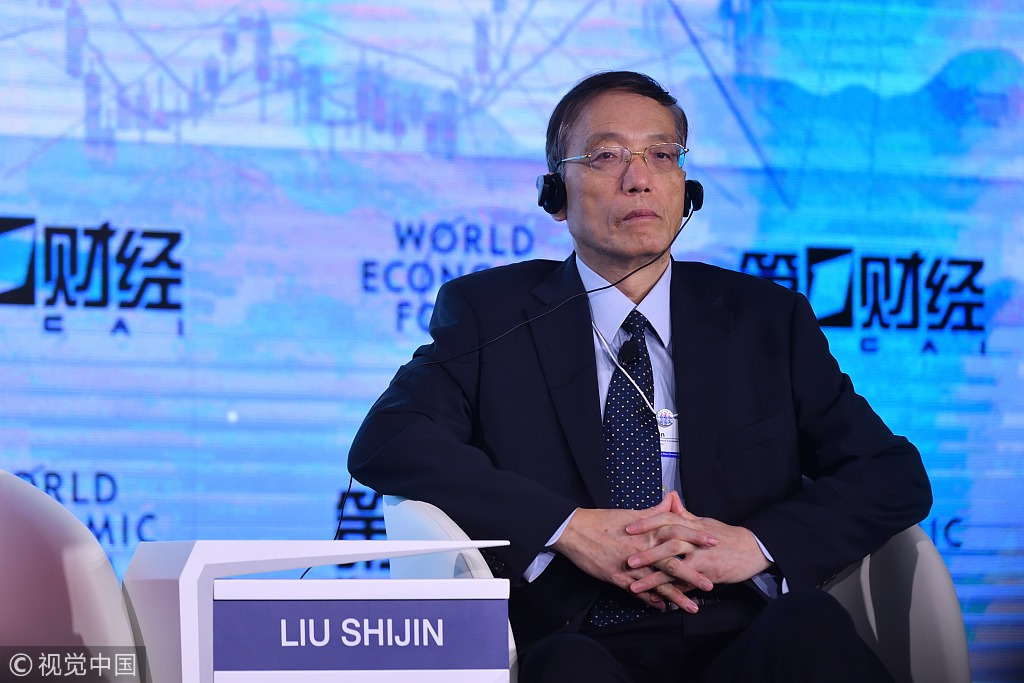China's opening-up undeterred by external uncertainties


TIANJIN - Despite mounting economic uncertainties as anti-globalization sentiment looms, business leaders and economists attending Summer Davos in Tianjin know one thing for sure: China will not slow down the opening-up of its economy.
"China should maintain appropriate steps in opening-up, and can take some bigger steps when necessary," said Liu Shijin, vice-chairman of the China Development Research Foundation, when explaining China's capabilities to counter external uncertainties at a panel discussion at the Annual Meeting of the New Champions 2018, also known as Summer Davos.
Amid global economic uncertainties, China's capital market has undergone fluctuations in the past few months, while the Chinese yuan has also weakened against the US dollar, raising concerns that further opening-up, especially in the financial realm, would exacerbate the situation.
"It is natural that the market will overreact to external shocks," Liu said. "China should unwaveringly live up to its opening-up promise."
Liu said that the Chinese economy was very large but had regional diversities, allowing it leeway for internal adjustments, making the economy as a whole more resilient.
China's reform and opening-up during the past 40 years has brought profound changes. From 1978 to 2017, China added around 375 million jobs, lifted 740 million people in rural areas out of poverty, and saw its GDP increase by 33.5 times, according to National Bureau of Statistics data.
"The success of China's reform and opening-up is unprecedented," said Albert Ng, chairman of Ernst & Young China.
Ng said China's recent opening-up measures were not rolled out under external pressure, but were something that has always been on the government agenda.
"China is pushing reforms at its own pace, and opening-up is the right way to go, " Ng said.
China has unveiled an array of measures to significantly broaden market access since the beginning of 2018, a year marking the 40th anniversary of the reform and opening-up policy.
Key among the measures is the opening of the financial sector, with decisions made to ease foreign ownership caps on financial services companies, including securities brokers, fund managers and insurance firms.
"The opening of China's financial market in the past 18 months has been unprecedented," said Mark Leung, CEO of J.P. Morgan China.
Leung said the company had been participating in a number of opening-up initiatives, including the stock connect programs and trading of Shanghai crude oil futures, which was launched this year.
Helen Zhu, head of China Equities for BlackRock's Fundamental Equities, also sees China's opening-up a long-term commitment that will bring substantial opportunities to foreign investors.
"While there might be some twists and turns in the process, China will not let external pressure sway its opening-up commitment, Zhu said. "The road is going in a certain direction, that's for sure. There is not going to be any kind of reversal."



































